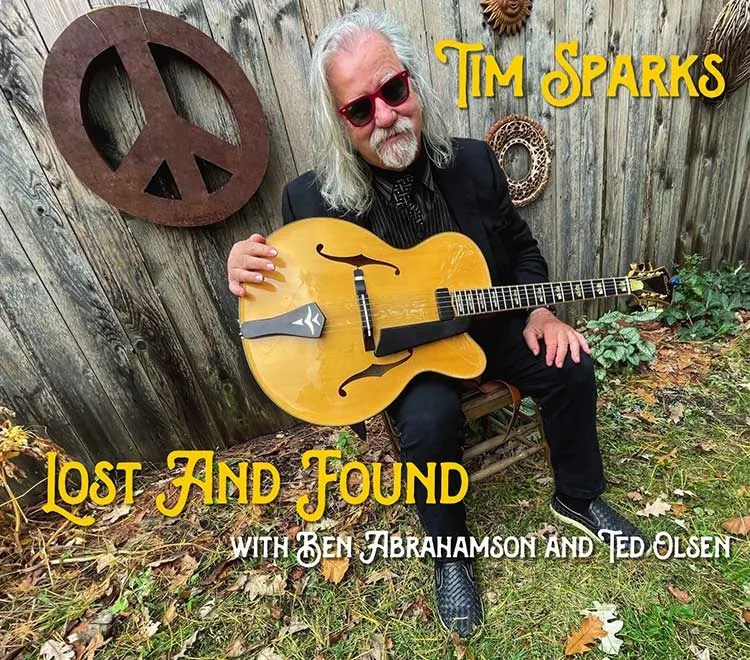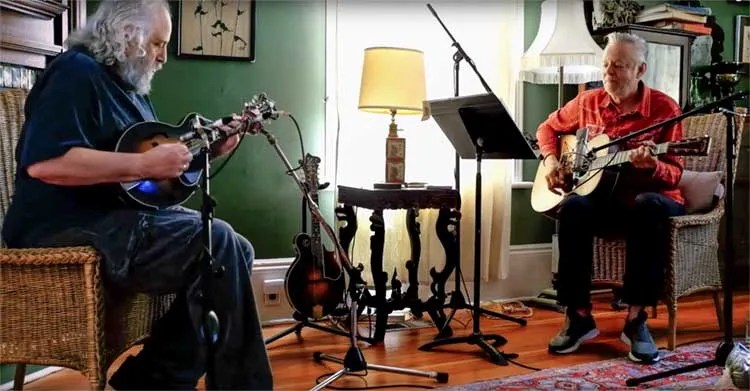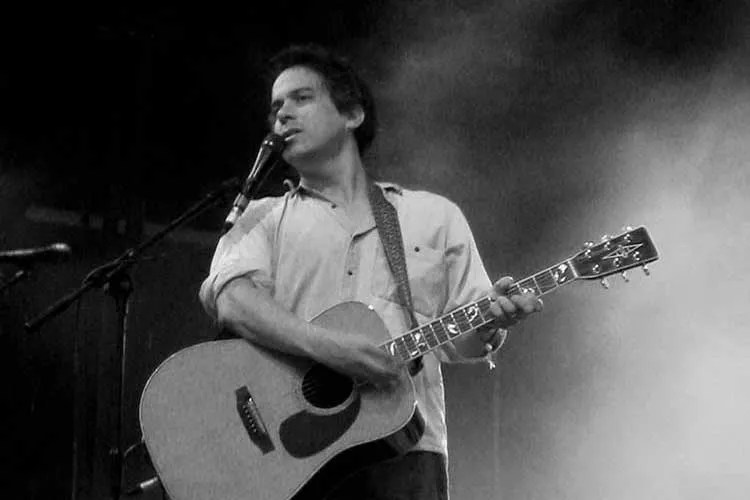Review: Fingerstyle Virtuoso Tim Sparks Reinvents Classic Tunes on Brilliant New Trio Outing ‘Lost and Found’
Though he once described himself in AG as “a redneck from North Carolina,” Tim Sparks has long been one of the fingerstyle guitar world’s great eclectics—an inventive and prodigiously skilled stylist adept at playing everything from folk, jazz, ragtime, bluegrass, and early blues to classical, Greek, klezmer, Latin, Brazilian, and more. Lost and Found is his first solo album in nearly a decade, and not surprisingly it draws on a broad range of styles on a selection of well-known folk, jazz, country, and pop tunes from the ’60s—including four by the Beatles—and three solid originals. [Editor’s note: Check out Tim Sparks on our Beatles Roundtable episode of the Acoustic Guitar Podcast.]

This time out there are only four true solo tunes on the all-instrumental album. The rest are by a trio: Sparks on his Tim Reede Alouette archtop, Ben Abrahamson on a Córdoba C7-CE nylon-string and a Salvador Castillo flamenco model, and Ted Olsen on upright bass. (All three are based in Minneapolis, as is the luthier Reede.) And what an ensemble it is! The archtop and nylon-string combination works beautifully, and the two guitarists definitely share the load throughout, tossing solos back and forth and supporting each other rhythmically when the other is soloing, both anchored by Olsen’s steady and supple bass work.
ADVERTISEMENT
To be honest, when I first looked at the lineup of cover tunes—all songs I love, but most fairly simple, mainstream classic rock (plus one jazz and one country number)—I wondered what Sparks and company could do to liven them up instrumentally. Well, the answer is plenty. Don’t be married to the original’s structure or even the chords. Work out new harmonies for familiar passages. Figure out new ways to get into the tune. Why can’t “Me and Bobby McGee” sound like it’s being played on the porch of a Mexican ranchero? Why not give the Beatles’ “Ticket to Ride” an opening that has a Brazilian samba flavor and then start the long solo exposition by quoting extensively from George Harrison’s “Within You Without You”? How about “Michelle” with an off-kilter Spanish opening and Django-esque solo? Why not go way out on part of “Mr. Tambourine Man”?
ADVERTISEMENT
The key is that nothing is sacred and chances are taken at every turn. You may think you know these songs, but Sparks and company take them to a multitude of unpredictable and unexpected places that probably never occurred to you.
For those looking for up-tempo flash, there’s plenty of that here, too: check out the solo version of Jerry Reed’s “The Claw” and Sparks’ own “Moonshine Ramble.” But just as powerful to my ears, but in a quiet way, is the exotic “Breakfast in Barbes,” Sparks’ lovely evocation of a certain neighborhood in Paris.
This album is loaded with bold and adventurous improvisations full of twists and unusual flourishes. Not every note lands cleanly, nor is every transition completely seamless, but the thrill of hearing Sparks go down so many challenging avenues (how will he ever make it back to the tonic chord?) makes this one of the more intriguing and exciting albums I’ve heard in quite a while.

This article originally appeared in the May/June 2024 issue of Acoustic Guitar magazine.





